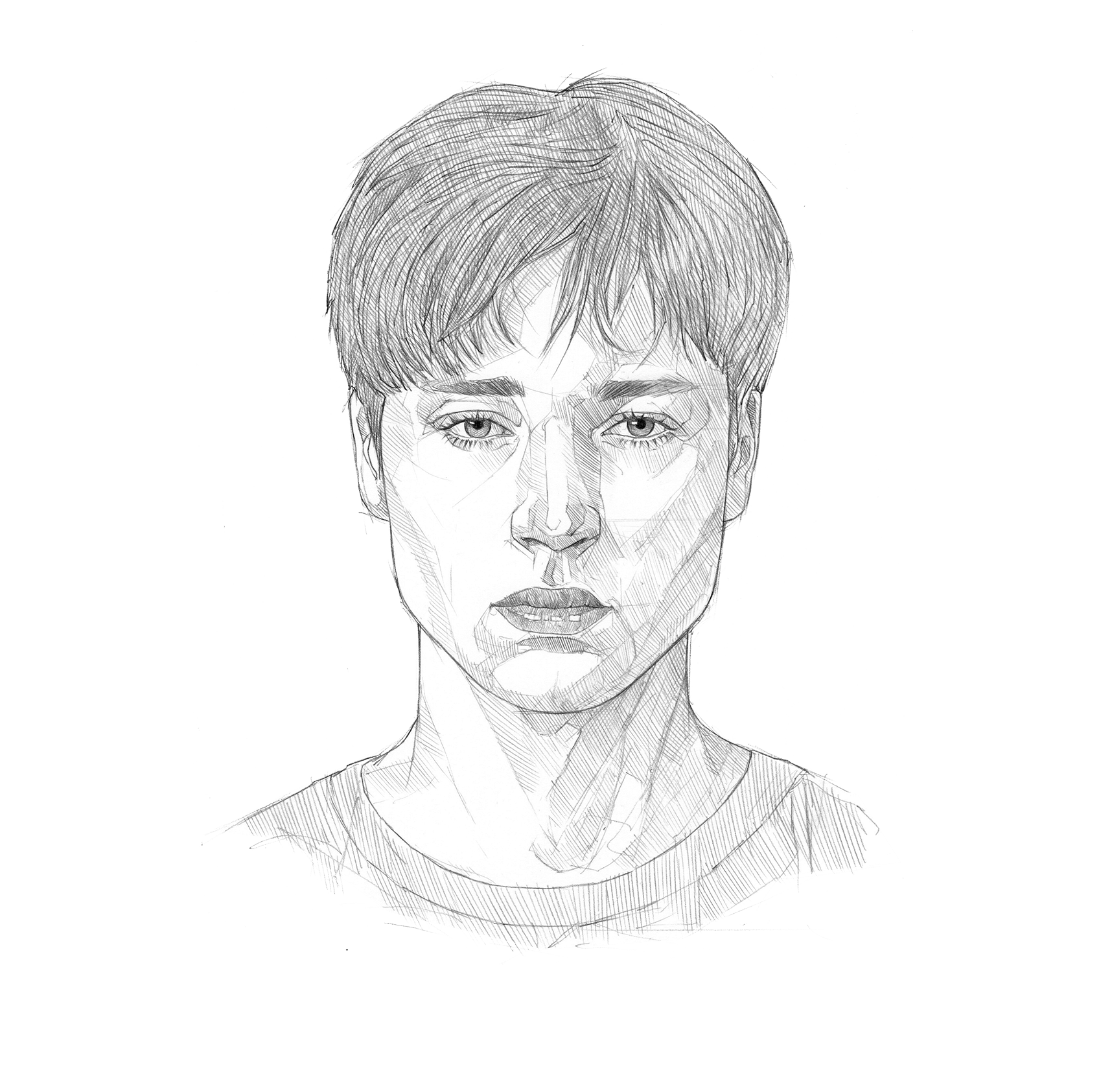The stigma is especially heavy for men
Yeah, along the same line as what they were saying, it is very sensitive and it is - it might - like, I can’t say for certain, but I would say due to how heavy the stigma, is especially for men, it may be harder for men to come out and report sexual abuse or assault than women at times, due to the stigma. And that’s what the professional should be well aware of, and make sure it’s not, make sure they are not being stigmatized due to how heavy it is in our society, usually.
Recommendations
-
Create an inter-university and college roster of peer supporters and educators that includes international and domestic student leaders across genders.
-
Sign on with a service such as KeepMe.Safe, which connects students with mental health professionals from cultures around the world and promote this service as part of university SV/SA service provision.
-
Promote SANE nurses as supporters for victims/survivors. Ideally, this would happen in the context of a formal partnership with SANE nurses, which includes 24/7 availability of SANE nurse services on campus.
-
Provide long-term support to victims/survivors through university services and/or through referals to external community-based agencies.
-
Provide services through the university itself and/or external services that meet the religious or spiritual needs of the victim/survivor and/or respondent.
-
Ensure all sexual violence prevention and response education and training opportunities actively deconstruct victim-blaming, rape myths and gender norms. Ensure these sessions take an intersectional approach to understanding sexual violence and supporting victim/survivors.

